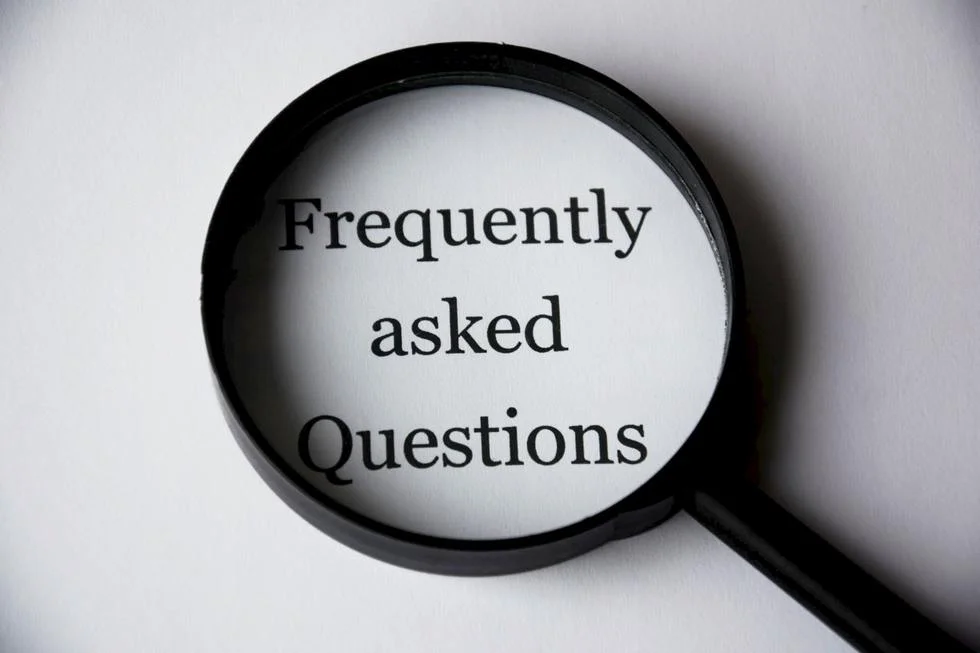One of the questions we’re asked most frequently lately is whether small employers can just decide to “opt out” of their obligations to employees under the Families First Coronavirus Response Act (FFCRA).
Well, it’s not quite as easy as that.
The only easy exemptions to FFCRA are for businesses with more than 500 employees, to which FFCRA does not apply, and certain healthcare providers and emergency responders whose employers are given a pass on FFCRA (see my note below about who the US Department of Labor says these groups include).
That said, there is one other very limited circumstance in which small employers may claim to be exempt from FFCRA, but it’s an exception, not a rule. The exemption is for businesses with fewer than 50 employees, and the reason for leave must be because child care or school is unavailable as a result of COVID (see reason (f) below). Even where these requirements are met, however, the exemption is not automatic: the business must still be able to show that without the exemption the business would be jeopardized.
You may recall from one of our earlier blog posts that the Emergency Paid Sick Leave (EPSL) component of FFCRA provides 2 weeks of sick leave at full pay for all employees, regardless of how long they’ve been employed, as long as they qualify based on one of the following three conditions:
(a) quarantined by a Federal, State, or local order related to COVID-19;
(b) quarantined by a health care provider because of COVID-19; or
(c) experiencing symptoms of COVID-19 and are seeking medical diagnosis.
EPSL is also available at 2/3 pay for an employee who qualifies based on one of three additional conditions:
(d) caring for someone who is quarantined by a Federal, State, or local order related to COVID-19;
(e) caring for someone who is quarantined by a health care provider because of COVID-19; or
(f) caring for a child whose school or care is unavailable because of COVID-19.
The second component of FFCRA is expanded Family Medical Leave (EFML). For employees who have been employed longer than 30 days, EFML provides an additional 10 weeks of leave at 2/3 pay, but only if the employee is caring for a child whose school or childcare is not available because of COVID – this is (f) in the list above.
To properly claim the small business exemption, an employer must also be able to demonstrate that granting EPSL or EFML would jeopardize the business for at least one of the following reasons:
- The expense of paid leave would exceed available revenues and would cause the business to stop operating
- The employee’s skills/responsibilities are so special that their absence would risk the continued operation of the business.
- There would not be enough qualified workers left to perform the work needed to keep the business operating.
It would be improper to claim the small business exemption if the employer has more than 50 employees; if the requested leave was for a reason other than childcare or school closures from COVID; or if the employer cannot show how granting the leave would jeopardize the business. Businesses are rightly being advised that compromising with employees to find a workable solution is a better route than denying leave where all the conditions of the exemption cannot be met: if an employee is denied EPSL or EFML by an employer who cannot properly justify claiming the exemption, the employer could find itself on the hook for more than it owed the employee to start with – including double damages and attorneys fees. And whether the exemption is justifiable or not, keep in mind that an employer cannot legally retaliate or terminate an employee simply for requesting the leave.
We’d like to think that in the hardest of times employers will do the right thing, that if they can manage to grant necessary leave to working parents who may be struggling with kids at home from school or daycare closures, they will. Unfortunately, we know from experience that’s not always the case. If your employer denies your FFCRA leave when it’s clear they shouldn’t, please feel free to reach out to our attorneys at 334-237-7773 for a complimentary consultation. We can walk through the facts of your situation and let you know where you stand and what steps you may be able to take to protect yourself.
Note: according to the DOL, “health care providers” means any individual employed at a doctor’s office, hospital, health care center, clinic, postsecondary educational institution offering health care instruction, medical school, local health department or agency, nursing facility, retirement facility, nursing home, home health care provider, any facility that performs laboratory or medical testing, pharmacy, or any similar institution, employer or entity. Note also that, so far, “health care providers” does not seem to include dentists and dental office staff. The DOL says an “emergency responder” is anyone necessary for the provision of transport, care, health care, comfort and nutrition of “such patients,” or others needed for the response to COVID-19. This includes but is not limited to the military or National Guard, law enforcement officers, correctional institution staff, firefighters, emergency medical services staff, physicians, nurses, public health staff, emergency medical technicians, paramedics, emergency management staff, 911 operators, child welfare workers and services providers, public works staff, and persons with skills or training in operating specialized equipment or other skills needed to provide aid in a declared emergency. The definition also includes those who employ these individuals to maintain the operation of an emergency-responder facility.


